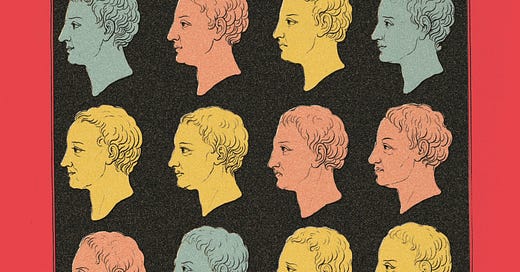One of the few aphorisms about character not to appear in Marjorie Garber’s compendious book about the subject is due to Albert Camus: “when one has no character, one must apply a method.” Garber has both. Her method is literary and cultural critique: she concentrates on language to the point that hers is more a history of the word “character” and its cognates than of character itself. Her character comes out in vibrant detours that are highlights of the book.
Among the authors Garber quotes is John Start Mill. “One whose desires and impulses are not his own has no character,” he wrote, “no more than a steam-engine has a character.” Ironically, Mill’s writing was dismissed by Thomas Carlyle in similar terms: “You have lost nothing by missing the autobiography of Mill,” he wrote to a friend. “I have never read a more uninteresting book … [the] Autobiography of a steam-engine.” Garber’s own discussion of Mill ends with a riff on Thomas the Tank Engine and Virginia Lee Burton’s picture bo…
Keep reading with a 7-day free trial
Subscribe to Under the Net to keep reading this post and get 7 days of free access to the full post archives.



